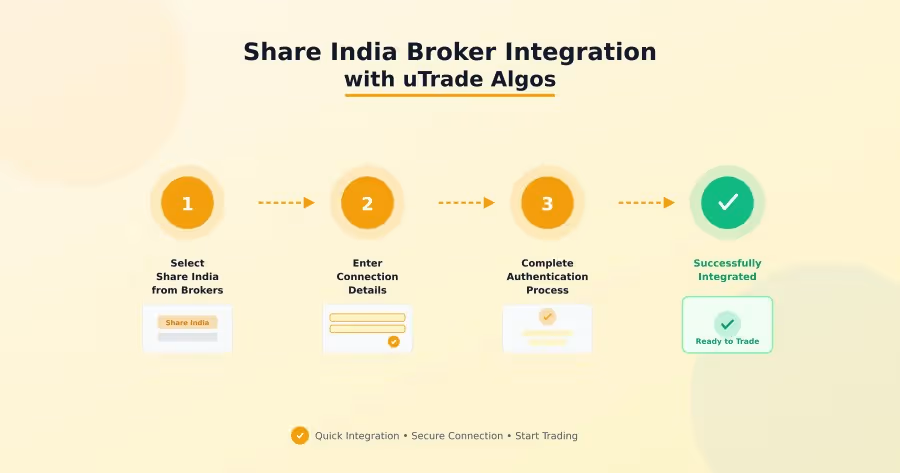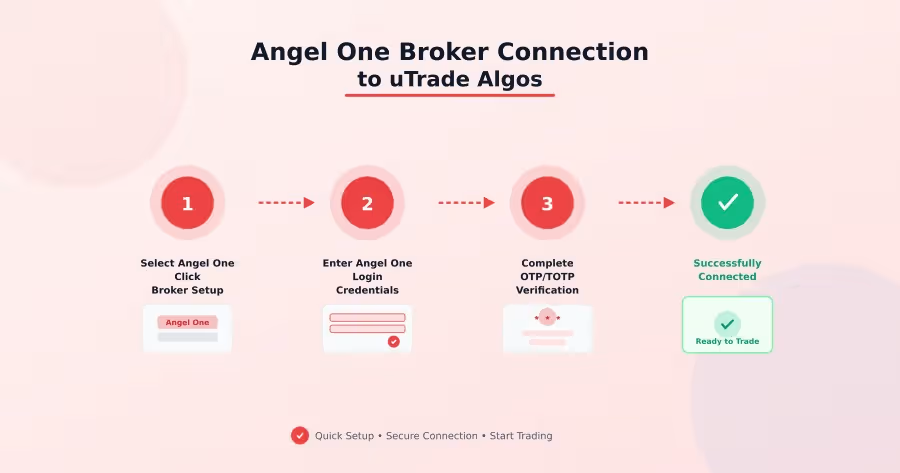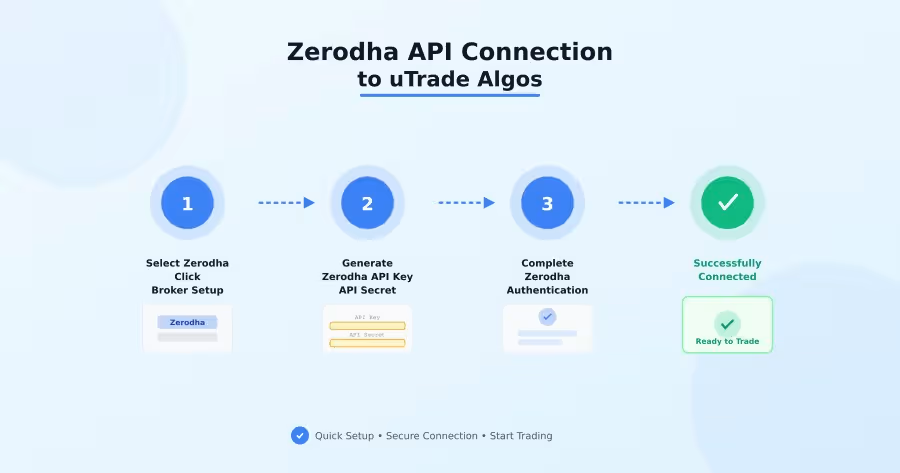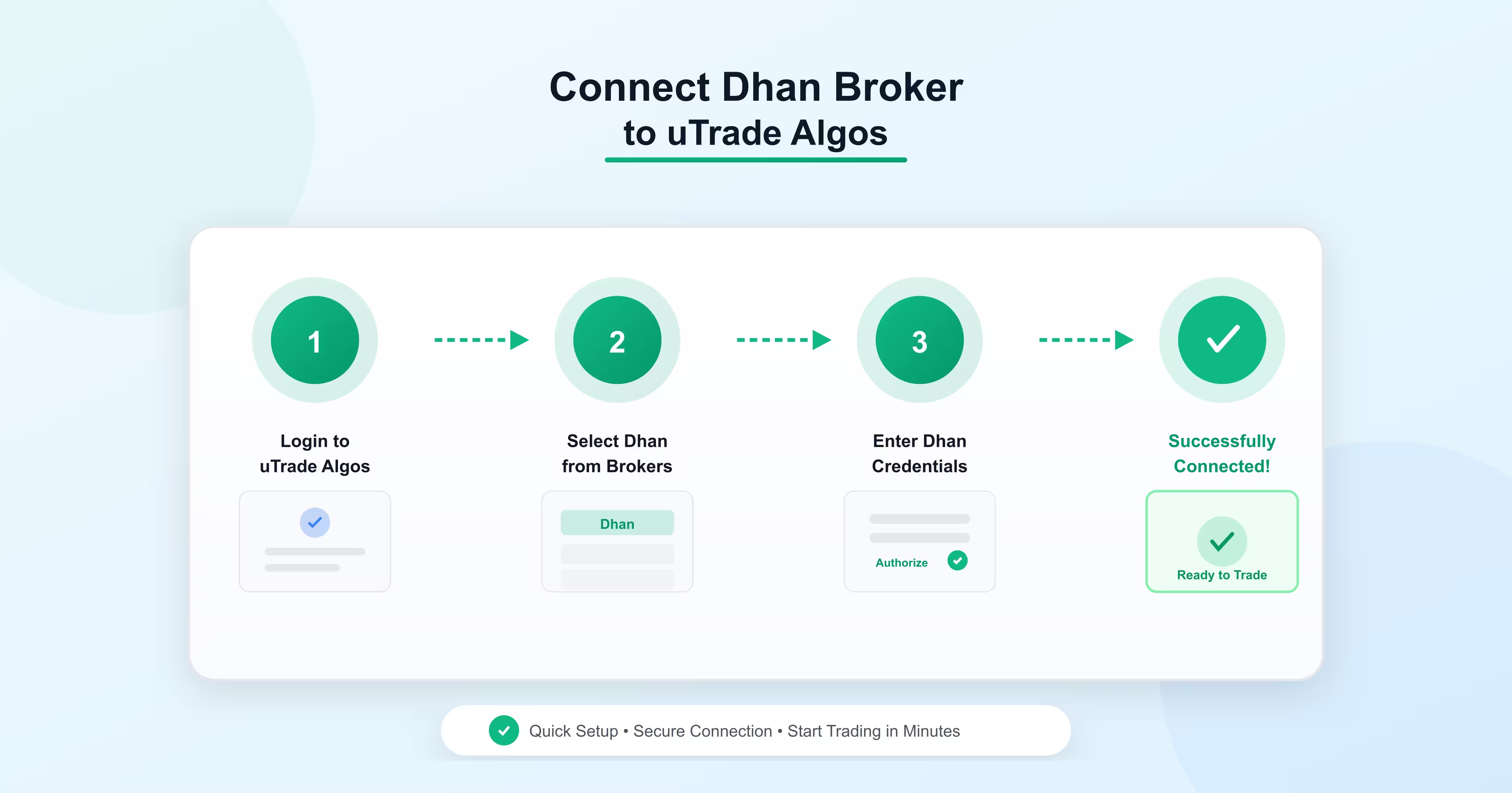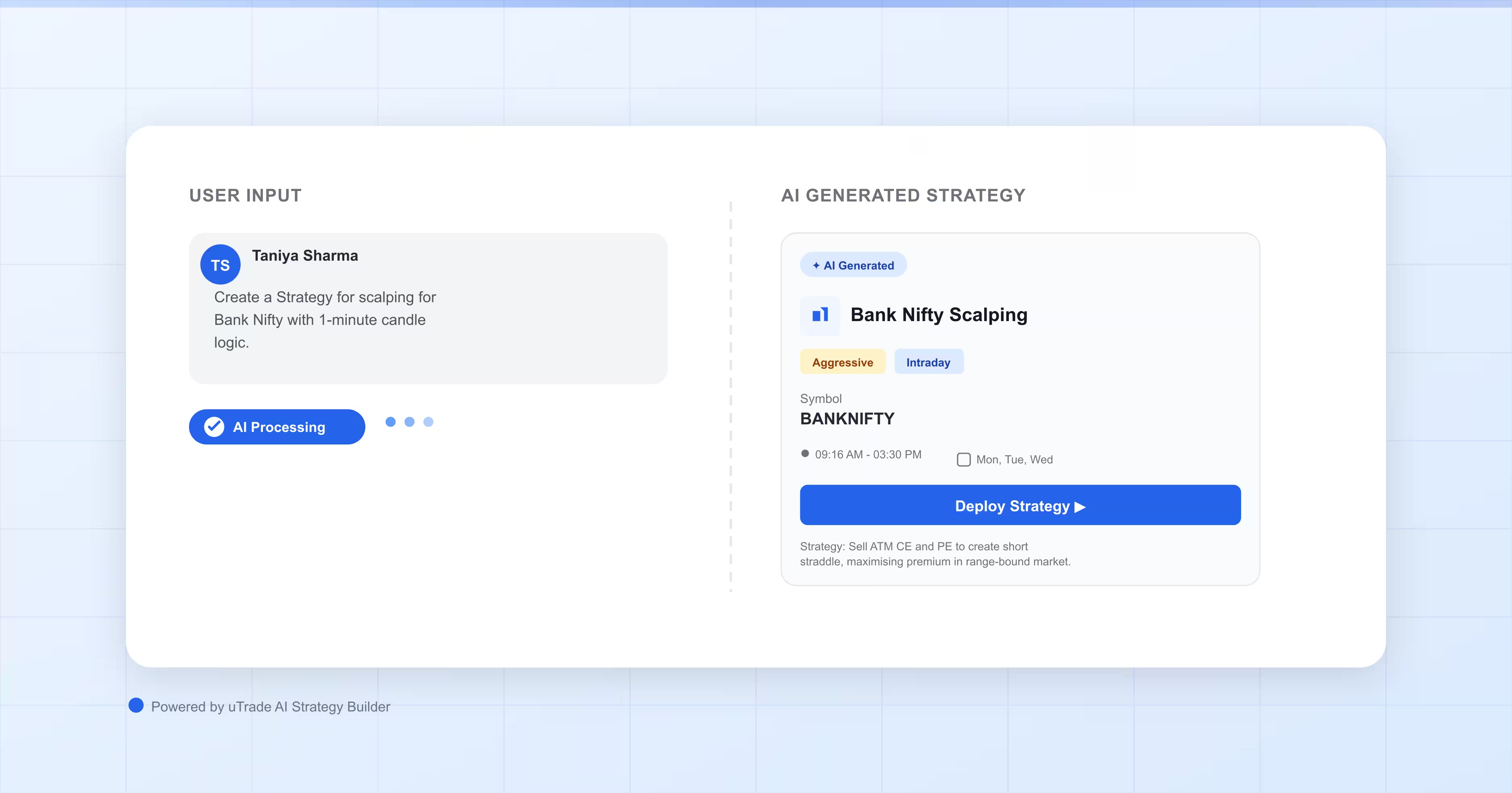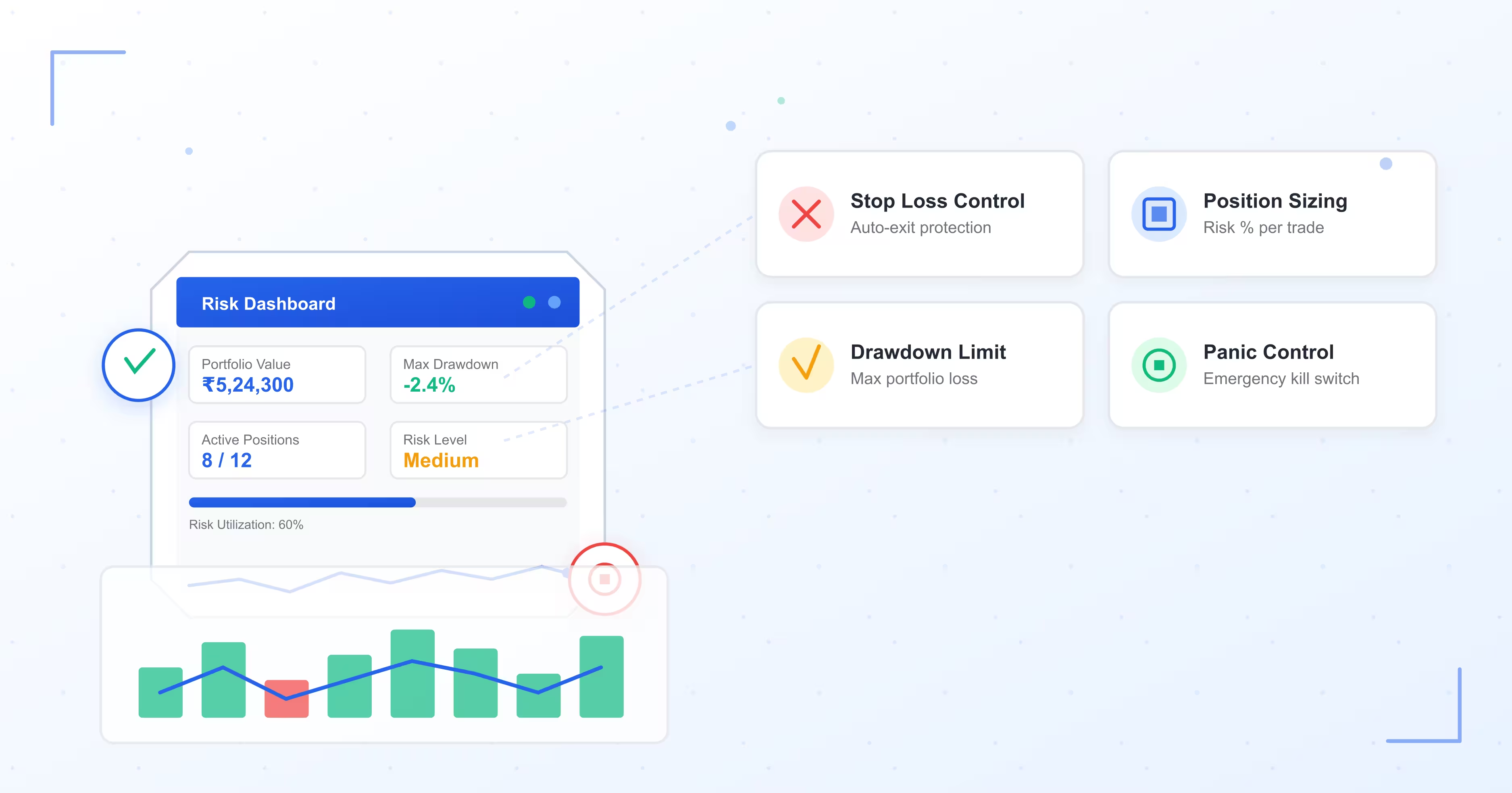Understanding Automated Trading
Automated trading, also known as algorithmic trading or algo trading, involves the use of computer algorithms to execute trades in financial markets. These algorithms are designed to analyse market data, identify trading opportunities, and execute orders with minimal human intervention. Automated trading can be applied to various asset classes, including stocks, forex, commodities, and cryptocurrencies.
Reasons Why Every Trader Should Consider Automated Trading
Efficiency and Speed
One of the primary advantages of automated trading is its ability to execute trades with unparalleled speed and efficiency. Unlike human traders, algorithms can analyse vast amounts of market data in milliseconds and execute trades at lightning speed, ensuring that traders can capitalise on market opportunities as soon as they arise. This speed is crucial in today's fast-paced markets, where even a slight delay can result in missed opportunities or losses.
Elimination of Emotional Bias
Emotions such as fear, greed, and panic are common pitfalls that can cloud a trader's judgment and lead to irrational decision-making. Automated trading eliminates emotional bias from the trading process by executing trades based on pre-defined criteria and mathematical algorithms. This helps traders stick to their trading strategy and avoid making impulsive decisions driven by emotions.
Backtesting and Optimisation
Before deploying an automated trading strategy in live markets, traders can backtest their algorithms using historical market data to assess their performance and profitability. This allows traders to fine-tune their strategies and optimise their parameters for maximum effectiveness. Additionally, automated algo trading platforms often provide robust analytics and reporting tools that enable traders to track the performance of their strategies in real-time and make data-driven decisions.uTrade Algos, a platform that helps with algo trading in India, empowers traders by providing access to comprehensive historical data. This feature allows traders to analyse past market trends, patterns, and behaviours to develop and backtest their trading strategies effectively. By leveraging historical data, traders can gain valuable insights into market dynamics, identify profitable trading opportunities, and optimise their algorithms for maximum performance.
Diversification and Risk Management
Automated trading allows traders to diversify their portfolios across multiple asset classes, markets, and strategies, reducing the risk of overexposure to any single market or instrument. Moreover, algorithms can incorporate risk management techniques such as stop-loss orders and position sizing to protect against potential losses and preserve capital. This disciplined approach to risk management is essential for long-term trading success.
Accessibility and Flexibility
Advancements in technology have made automated trading more accessible to traders of all levels, from retail investors to institutional firms. Many brokerage firms and trading platforms offer user-friendly interfaces and APIs that allow traders to develop, test, and deploy automated strategies with ease. Additionally, automated trading systems can operate 24/7, enabling traders to take advantage of market opportunities around the clock, regardless of their location or time zone.uTrade Algos stands out for its affordability and accessibility, offering a 14-day free trial to all users. Moreover, it has introduced uTrade Originals, pre-crafted trading strategies developed by experts. This feature allows newcomers to dive into the world of trading with confidence, leveraging the expertise of seasoned professionals to kickstart their trading journey.
Adaptability to Market Conditions
The financial markets are constantly evolving, with new trends, patterns, and events shaping market dynamics on a daily basis. Automated trading systems are highly adaptable and can adjust to changing market conditions in real-time. Whether it's a sudden spike in volatility, a major economic announcement, or a technical breakout, algorithms can react swiftly and execute trades accordingly, ensuring that traders stay ahead of the curve.
Cost-Effectiveness
Contrary to popular belief, automated trading can be more cost-effective than traditional manual trading methods. By automating repetitive tasks and eliminating the need for human intervention, traders can significantly reduce their trading costs, including commissions, spreads, and slippage. Moreover, automated trading systems can operate efficiently with minimal infrastructure and personnel, making them a cost-effective solution for traders of all sizes.
Key Considerations for Traders Using Algo Trading Platforms
In algorithmic trading, traders must navigate various complexities and risks.
- Market Volatility: Algo trading can amplify losses during volatile market conditions, so traders should use risk management tools effectively.
- Data Quality: Ensure the accuracy and reliability of historical data used for backtesting algorithms to avoid faulty strategies.
- Over-Optimisation: Avoid overfitting algorithms to historical data, as it may lead to poor performance in live trading conditions.
- Technology Risks: Be wary of technical glitches or system failures that could disrupt algorithmic trading activities.
- Regulatory Compliance: Stay informed about regulatory changes and ensure compliance with trading regulations to avoid legal issues.
Algo trading in India, on platforms like uTrade Algos, offers a plethora of benefits that make it a compelling choice for traders in 2024 and beyond. From enhanced efficiency and precision to improved risk management and accessibility, automated algo trading empowers traders to navigate today's complex financial markets with confidence and success. By harnessing the power of algorithms and technology, traders can unlock new opportunities and achieve their trading goals more effectively than ever before.


